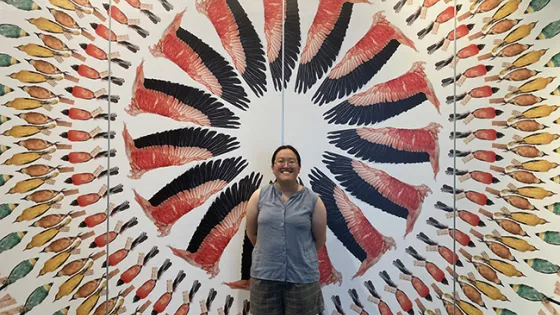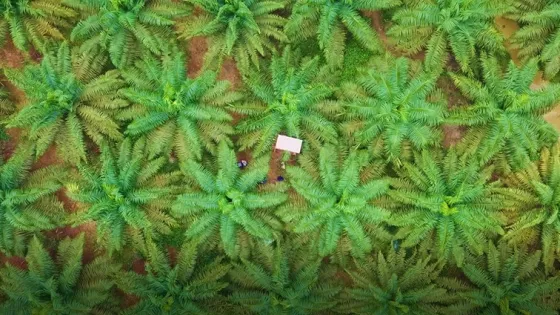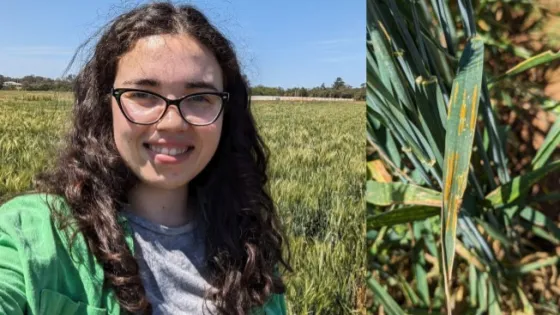Past events
This page lists RSB past events.

Plants rely on their sophisticated innate immune system to protect themselves from surrounding disease-causing pathogens.
Three Plant Science PhD students giving ~20 min presentations as part of their Thesis Proposal Review milestone.
Division of Biomedical Science and Biochemistry 2024 Honours/Masters initial seminars
Division of Ecology and Evolution Honours/Masters initial seminars
Division of Plant Sciences 2024 Honours/Masters students initial seminars

Despite only taking up 3% of the world’s total landmass area, the Indo-Australian Archipelago holds a disproportionate amount of biodiversity.

Australia has among the most unique biodiversity in the world, but also the highest historical rate of extinction.

Since 2000, oil palm cultivation has generated considerable controversy: more than 20 million ha of plantations have been linked with deforestation, burning, a high carbon footprint, biodiversity loss and environmental pollution from the palm oil industry.

In response to plant disease as a severe limiting factor in crop production, genomics-informed surveillance promises to support crop protection and biosecurity efforts.
